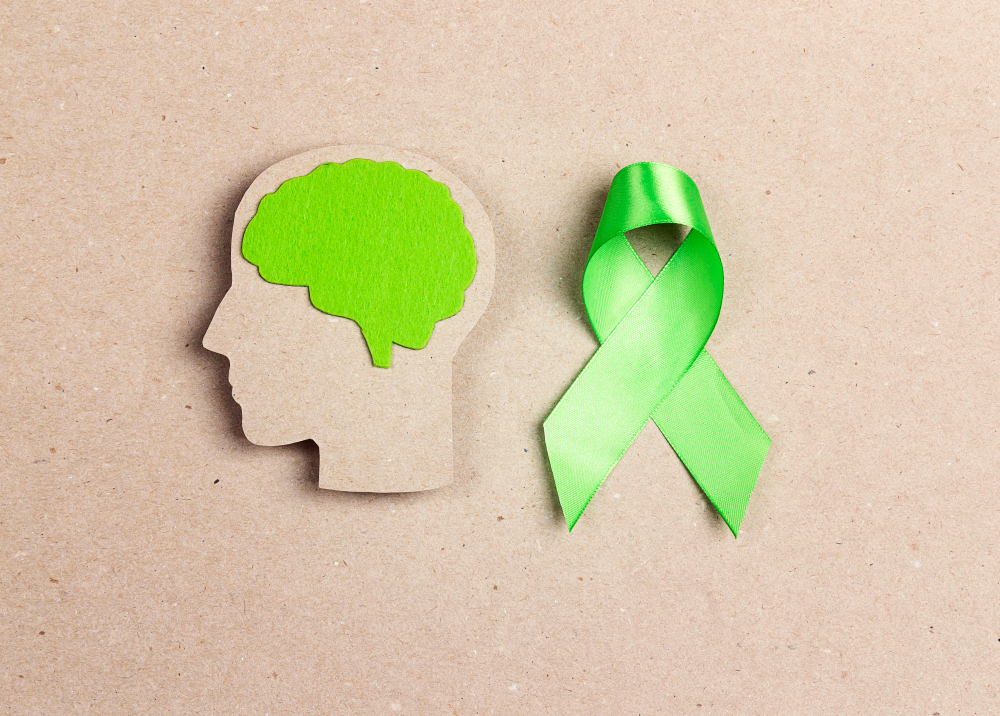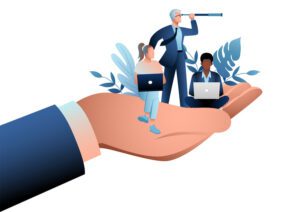MHAW 2020: HRD Thought Leaders on mental wellbeing in lockdown
- 6 Min Read
To commemorate Mental Health Awareness Week 2020, a host of HRD Thought Leaders have come together to give their top tips for looking after the mental wellbeing of your organisation, in addition to taking care of your own, during the COVID-19 lockdown.
- Author: HRD Connect
- Date published: May 18, 2020
- Categories

No matter what the world looks like outside, or how we work with one another, it is of utmost importance to acknowledge one another’s mental wellbeing and be there for those who need our support.
Mental Health Awareness Week gives us an opportunity to commemorate the importance of supporting the mental health of every member of every organisation across the globe. As HR and business transformation leaders, it often falls to us to make that change happen and help businesses to take steps towards a greater understanding and appreciation of mental health in the workplace – even if that workplace is at home.
With that in mind, we’ve brought together our world-beating HRD Thought Leaders to share their top tips for supporting the mental health of your workforces. Throughout the week, we’ll bring you insights and inspiration to help put mental wellbeing at the top of your organisation’s agenda.
To kick things off, Matthew Syed, Dave Ulrich, Chuck Heaton, Jill Christensen, Katrina Collier, Mervyn Dinnen and Janine Nicole Dennis give their top tips for supporting the mental health of your teams right now.
Matthew Syed, Author, Journalist and Broadcaster
“A culture of psychological safety is key to unlocking new and different ideas, driving innovation and high performance.
But it’s also particularly relevant right now because psychological safety is about creating an environment in which colleagues and employees feel able to share ideas and information, be open about mistakes or concerns, or about needing help, without fear of criticism or recrimination. Building psychological safety also creates trust and can aid team as well as personal resilience, which even in ‘normal’ times will enable people, and ideas, to thrive.
Some tips for fostering psychological safety in teams include:
– Communicate clear purpose and priorities
– Provide and ask for feedback, praising effort not outcome
– Avoid blame and instead focus on learnings when something goes wrong.”
Read: Matthew Syed on how leaders can maintain strategic vision while disarming the bomb.
Dave Ulrich, Professor, Author and Management Consultant
“A personal forum allows employees to reconnect with each other not just by “listening to” but “hearing” each other’s experience during this crisis; to bring into the workplace a chance to practice the essential human skills of compassion and empathy; and to go beyond an intellectual ‘This is what I did’, to a more emotional, ‘This is what I felt’. These emotional ties at work bind employees to each other.”
Read: Dave Ulrich on making working from home work.
Chuck Heaton, Senior HR Consultant, Talent IQ LLC
“Stay optimistic that this is an opportunity for flexibility as opposed to a lockdown. I’ve been staying in touch with close friends, having open conversations with my wife about our thoughts, emotions and fears around the pandemic.
Remember to show empathy. Acknowledge that we are not getting back to normal, but that this is another step in the journey back. Engage your employees regularly about how they are feeling, how their families are handling things, are whether they are getting enough support. Encourage your managers and supervisors to be mindful of their teams, recognise issues and address them.
Be Authentic…communicate regularly and be visible!”
Read: Chuck Heaton on building career plans for your key people to ensure talent retention.
Jill Christensen, Employee Engagement Expert and Author
“This is not just a crisis; it’s an opportunity. Our world needed to change.
Stop saying things like, ‘I know you’re all in fear during this terrible time’. You are planting seeds of negativity. Instead, say, although some of you maybe having difficulty… And follow that with something positive.”
Read: Jill Christensen’s COVID-19 guide to survival.
Katrina Collier, ‘The Searchologist’ and Author
“Everybody is experiencing this pandemic differently and it is not possible to give one solution for all of your people. Each employee needs to be asked and cajoled into sharing what they really need. Many will be struggling financially but the shame may prevent them from sharing.
Day-to-day focus on output not presenteeism; your employees feel guilty enough for all the interruptions because they’re at home and forgetting the time they spend having a good chat while grabbing their morning cuppa!
Be the company that ensures they have the right equipment to be comfortable; not the one that insists on monitoring the time they are sitting at their desk! Provide clear communication to everyone about your expectations and the health or even not health, of the company. Be available, be open, be reasonable, be honest.”
Listen: Katrina Collier hosts a talent acquisition and onboarding special edition of the HRD Live Podcast.
Mervyn Dinnen, Analyst, Researcher and Writer
“Don’t underestimate the role that connection plays in productivity and more importantly mental health. Try to encourage teams to interact – not purely on team meetings but to be free to replicate those ‘water cooler moments’ and coffee catch ups’. To check in on each other as well as alleviate their own isolation.”
Janine Nicole Dennis, Chief Innovation Officer, Talent Think Innovations
“Leaders can best help their employees support their employees’ mental health journey during these uncertain times by being mindful of the capacity of their employees. By “capacity”, I mean check-in to see if your people are feeling overburdened and/or burnt out. Equitably reprioritizing how the work gets done to suit the shifting mental, emotional, and physical stress people are enduring can go a long way.
Also, finding ways to partner with service providers and organisations that can provide support to your employees in sustaining their mental health for either free or a nominal price is an actionable step in showing the organisation supports their people both personally and professionally.“










